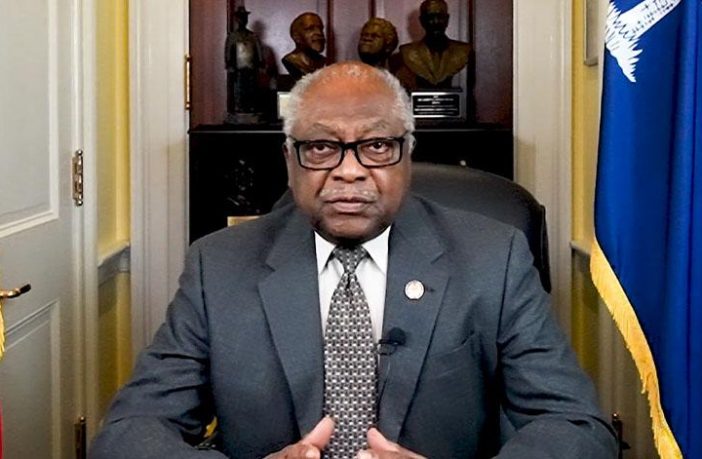The Tennessee General Assembly’s expulsion of two African American lawmakers duly elected by their constituents, while sparing a third who happened not to be African American, signifies a dangerous subversion of our representative democracy, the most precious thing we have in this country. With this action, Tennessee Republicans attempted to silence the voices of nearly 140,000 voters who chose these two lawmakers to make informed legislative decisions on their behalf.
Representatives Justin Pearson (D-Memphis), Justin Jones (D-Nashville), and Gloria Johnson (D-Knoxville) took to the Tennessee House floor to stand in solidarity with school and community activists protesting legislative inaction on guns after the tragic mass shooting at a Christian school in Nashville. Instead of focusing on how to protect innocent children from gun violence, Tennessee Republicans mobilized to remove those who had the audacity to step forward and demand a change.
Just before the vote to remove Representative Pearson, Tennessee House Representative Andrew Farmer (R-Sevierville) chided him on the floor of the General Assembly, saying: “That’s why you’re standing there — for that temper tantrum that day. For that yearning to have attention. That’s what you wanted. Well, you’re getting it now.”
When I heard this rant by Representative Farmer, the author of one of the resolutions for removal, I thought of my own experiences in South Carolina. His coded and condescending lecture was not unlike those I heard as a 20-year-old protester in the 1960s. Those of us who marched and were arrested for demanding equal opportunity and fair treatment under the law know what it is like to be subjected to such disrespect.
The actions of Tennessee Republicans are reminiscent of those of Southern white officials during and post-Reconstruction. I also thought about lessons I learned as a student and former teacher of history. Philosopher George Santayana once wrote, “Those who forget the past are condemned to repeat it.”
The ending of the Civil War and establishment of the Reconstruction era in 1865 precipitated honest and honorable attempts to include African Americans in the political process.
However, there were resisters, and Tennessee led the way then as it seems to be doing again. The Ku Klux Klan was founded in Tennessee in 1865 and in the same year, Mississippi and South Carolina enacted “Black Codes,” a series of laws designed to restrict the social, economic, and political autonomy of African Americans. Just one decade later in 1875, “Red Shirts” ran rampant across the South, intimidating and assassinating Black leaders and suppressing Black voters’ access to the ballot box. And in 1877, Republican President Rutherford B. Hayes removed all troops from the South and left Black citizens up to the creative devices of Jim Crow laws and practices.
Long before the massacres of Tulsa (Oklahoma) and Rosewood (Florida) were the massacres of Memphis and Pulaski. Google the “Original 33” and discover how 33 African American men got duly elected to the Georgia legislature in 1868 and were subsequently expelled. People protested and at least 12 of those who protested were killed. Dozens more were injured. The tragedy would later become known as the Camilla massacre.
Tragically, violent voter suppression ultimately succeeded in ending democracy in the South for decades. Black Codes, the Ku Klux Klan, the Red Shirts and their ally, the 19th President of the United States, ushered in a wave of new post-Reconstruction state constitutions that eliminated any meaningful African American political participation until the passage of the Voting Rights Act of 1965.
This ugly history is what the Tennessee General Assembly has chosen to honor with the removal of Representatives Pearson and Jones. By failing to be vigilant and exercise diligence, the Tennessee state legislature has set us on a path toward reliving chapters of our not-so-pleasant history. For the sake of our democracy, we must learn from the lessons of our past and do everything we can to support the Tennessee Three.


